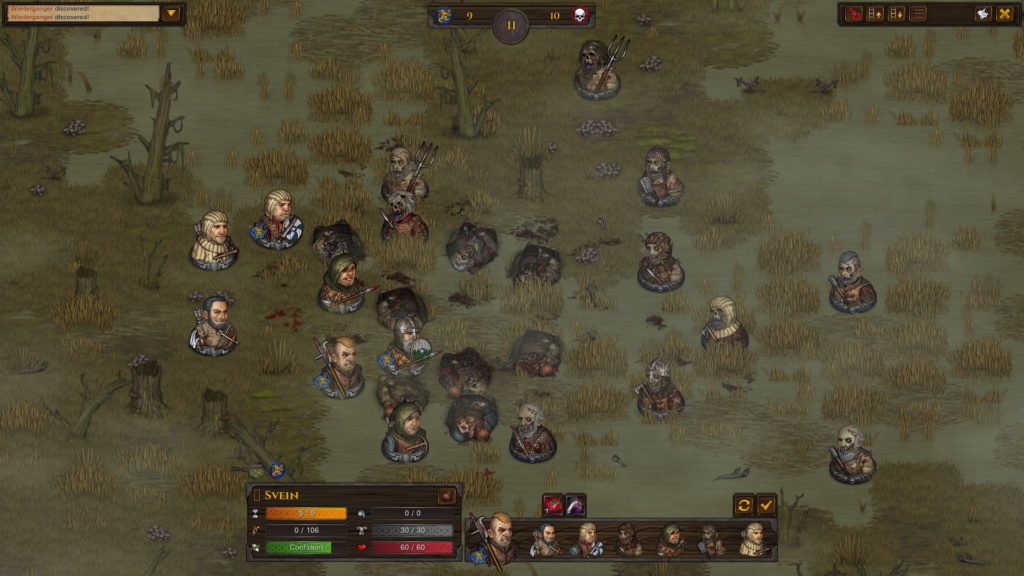
Jay
Night in the Woods: This is part of a trilogy (in my mind only) of left-wing games that also includes Disco Elysium and Kentucky Route Zero (Cart Life and some others would also qualify). It may be a little twee at times but the darker themes give it an actual edge that separates it from normal precious, hipster writing. Writer Scott Benson has criticized other games for using political stuff as background scenery for games without actually saying anything meaningful in the specifics of the game. On the other side of that coin, how many times have EA or Ubisoft developers created something that is plainly political in some way and then in interviews explicitly stated the opposite? Even the Fallout creators took this publisher approved position while doing the PR rounds for Outer Worlds.
Night in the Woods is a good companion to Disco Elysium. They have a lot of political overlap but present themselves very differently (tonally different, both include lots of people/animals standing around speaking). I could see someone arguing the grittier realism of Disco Elysium is a superior way to discuss hard political realities, but the accessibility and relatability of the characters from Night in the Woods dying post-industrial Possum Springs successfully convey working class angst despite being brightly colored animals. Like Disco Elysium, it’s also a very funny game. Are you ready to laugh?
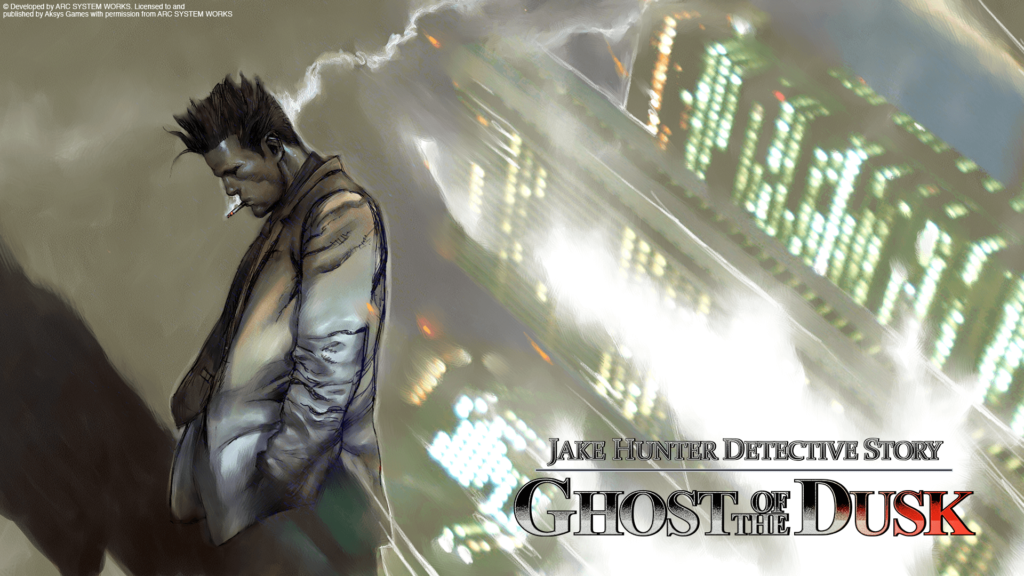
Jake Hunter Detective Story: Ghost of the Dusk: This 3DS game comes with five stories; four are cell phone game ports, roughly two hours a piece, that are mediocre but I find oddly enjoyable. The main story is much longer than these ports and I’d say is much better than the last game in the series that I played on Switch (the normally subtitled The Awakening of Golden Jazz). For the uninitiated, the series focuses on a detective solving crimes in Shinjuku. It’s hardboiled and/or noir. I’d tell you but I’ve never read a book. Gameplay is descended from The Portopia Serial Murder Case and almost identical to all Japanese adventure games since. But there is a nice sense of place in the Jake Hunter series, which is often enough to sell me on a game.
The series has been almost entirely left in Japan, which is sad, if shy of tragic. There was a localized DS game and then another… localization of the same DS game (which was much better, it injected needed personality and flavor to the affair and I recommend it). That means the West got 2 Jake Hunter games, out of the total of about 19. To complicate the math, the DS one included remakes of the first 4 games which were also ported to cell phones, and then another cell phone port. That means that of the 25 cell phone games, only 9 have been localized. I look at the series’ Wikipedia page about once a month and still have trouble keeping this straight, but I do know there are a whole lot of untranslated games in the series. I guess I’ll go harass Chris about translating one of them.
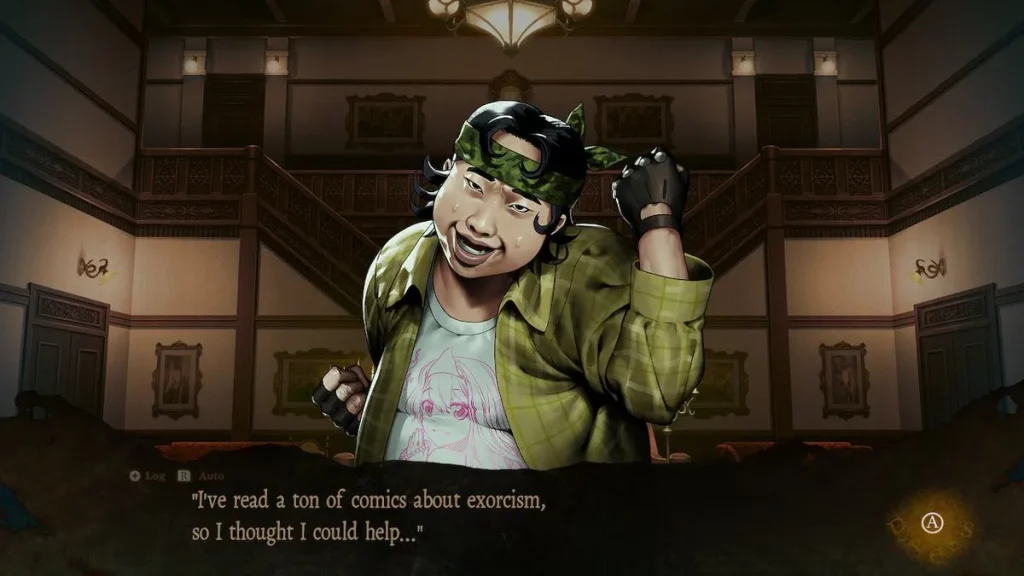
Spirit Hunter: Death Mark: Kind of like Jake Hunter, but bad. This is a horror adventure game that’s biggest scares come from the threat of having to redo long stretches of the game. The monsters/bosses require specific items to be used and actions to be taken to defeat them – think the last bullshit fight in Corpse Party, to cite a game 312 people played. The Japanese theming of “they are murderers but it’s not their fault,” first brought to my attention by Ghost Trick, is rampant in Spirit Hunter. To make the game even scarier, there are specific things you must do, sometimes during a boss fight, to get the better chapter endings. I got the good endings first by luck, then by a walkthrough, and by the time I got to the DLC chapter and one or two characters died, instead of checking the walkthrough I just shrugged and closed the game.
Spirit Hunter makes use of the erotic murder victim thing made famous by the Dead Island special edition statue of a mutilated bikini babe. I wanted to post an example of it occurring in Spirit Hunter but the images are legitimately not work safe. If you really like the combination of tits and gore, play Spirit Hunter then speak to a licensed professional before you kill someone, please.
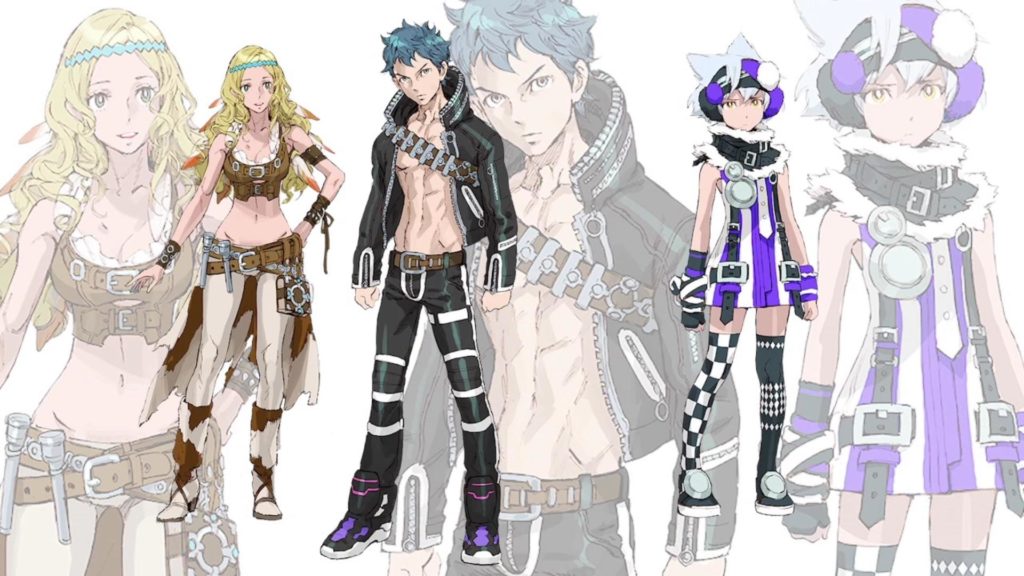
Culdcept Revolt: This is the worst of the three Culdcept games I have played but it’s hard to know if it’s the game’s fault or if I am just tired of the formula. It still has inherent value because the basic design of Culdcept (Magic: The Gathering meets Monopoly) is excellent, so if you haven’t played anything else of the series, it’s probably worth getting into, assuming you have the high quality taste of a refined gentleman such as myself. On the other hand, if you are a loser like I am and hoard old game consoles, just play the PS2 or 360 version. The PS2 is less Bomberman: Act Zero style westernized, but there are some cool additions to the 360 game. Also, fuck your Kelpie, Shota.
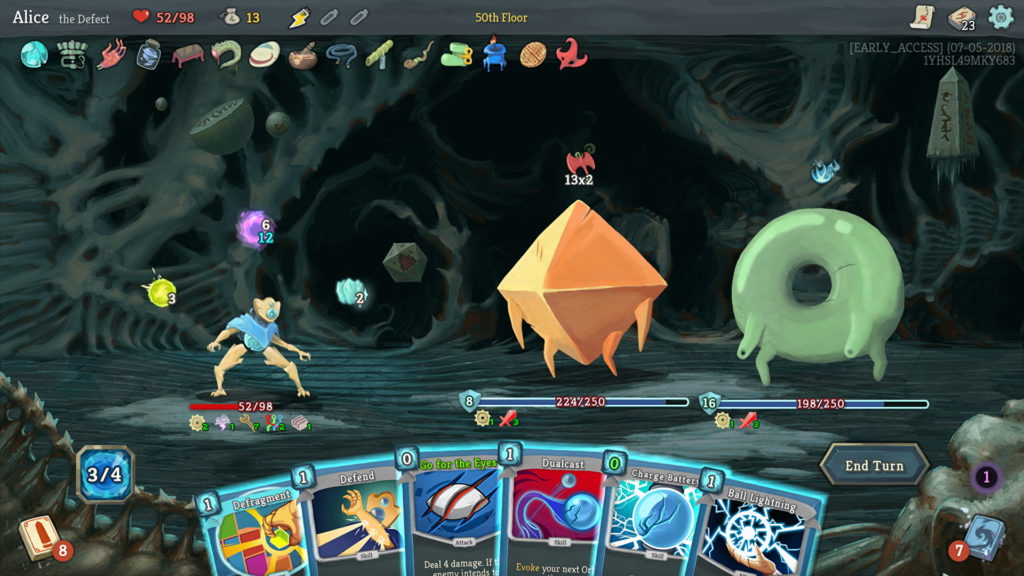
Slay the Spire: This is one of my favorite games. Its strength lies in its specificity, simplicity, and transparency. Good but not amazing similar games like Monster Train are fuzzier feeling. You do too much, control too much, and each move’s implications do not feel immediately intuitive or even comprehensible. Maybe some geniuses prefer that type of game because their genius allows them to understand the things I find less knowable. The precision and peppiness of the game combined with the large variety of cards and plausible character builds around those cards makes it very addicting. And there are four characters who all play differently and have unique cards, so I’ve put a few hundred hours into the game.
I felt intuitively that a lot of the game came down to dumb luck when I was first learning how to suck less. A lot of people feel this way due to it being a card game and knowing luck contributes significantly to physical card games. A second of internet searching, however, shows that people who know what they’re doing can consistently finish the game on the first 10 or so difficulty levels. So my insistence that my level 0 run was impossible because I got bad cards probably shouldn’t be taken too seriously.
SteamWorld Quest: Hand of Gilgamech: Good, but surprisingly, since I really like the genre, the worst of the SteamWorld games (I haven’t played the DSi tower defense game). If you want to play a turn based SteamWorld, Heist is great and highly recommended – it’s a turn based tactical game from the side perspective, which is not very common. If you want to play a card game, see above. Really, it’s hard to think about other card games because I accidentally just think of Slay the Spire.
Pat
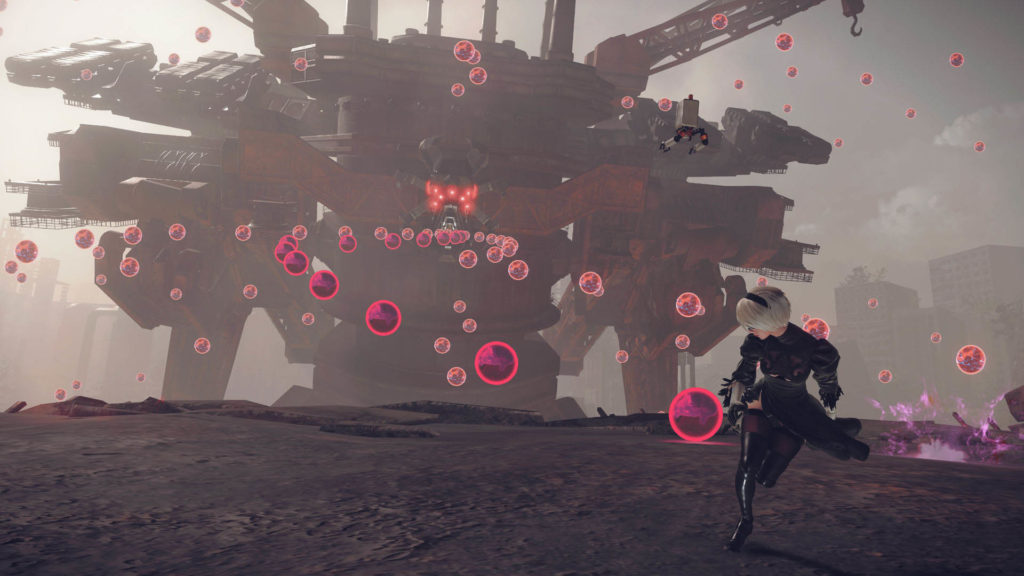
Nier Automata: There are reasonable complaints to be made about 2010’s Nier [Replicant/Gestalt]: the controls are not great, the combat is mediocre, players are required to traverse the same areas to visit the same towns over and over, and to obtain all endings you have to replay the same sequences several times. But I love the game. The world and characters are intriguing, gameplay remains fresh as the developers play with different genres, and the world is consistently interesting. My expectations were high when Automata promised to marry the design decisions of Yoko Taro to the gameplay of Platinum games, but I was initially disappointed. Something about the reduction in frictions made it less unusual and crossing the same areas over and over wore on me in the larger open world. However, I pushed through some early malaise, refocused on the critical path, and ended up loving this one almost as much as its predecessor. I still think the rough corners on Nier are worth the experience, and the genre bending does go further, but for those who prefer a smoother experience, Automata is an outstanding option.
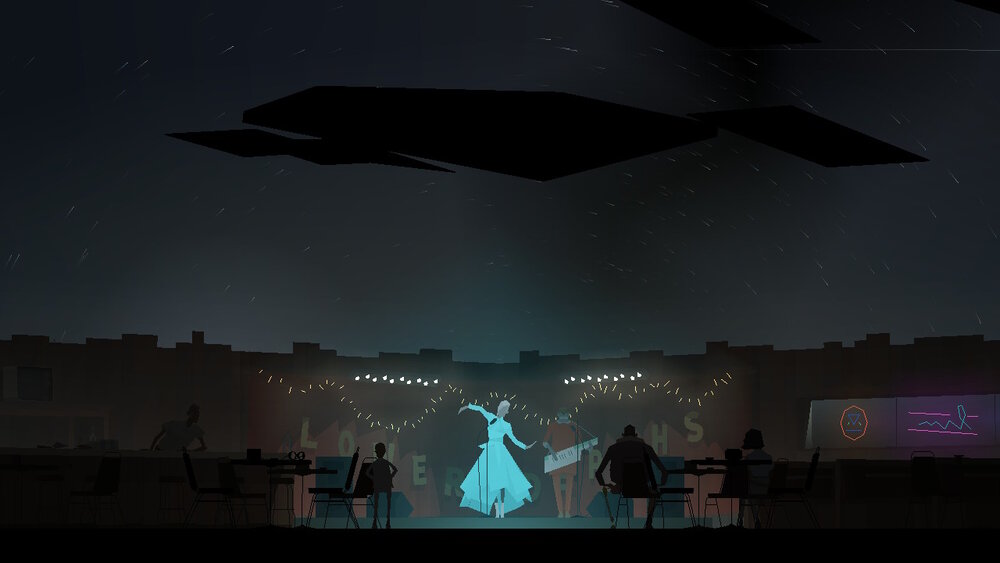
Kentucky Route Zero: I am a fan of old point and click adventures and their newer incarnation, sometimes derided as walking simulators. I am perfectly happy to be carried along by a good story, occasionally engaging my brain to figure out who to talk to or where to go next. Kentucky Route Zero situates its magical realist story in a broken down town, among broken people in a late capitalist society. You play a truck driver making the final delivery for an antique shop that is going out of business and meet a motley crew of misfits and down-on-their-luck companions along the way. There are moments of beauty and tragedy, and the whole thing wraps up in a satisfying way even if it could hardly be considered a happy ending. As Jay mentioned, Night in the Woods shares the genre and similarly evokes the ravages of late capitalism. Both are great, but If forced to choose I would recommend Kentucky Route Zero for its maturity, ability to disorient the player, and superior storytelling.

Final Fantasy VII Remake: In my personal history with this hobby there are a few games that were foundational in determining my taste as it is today. I had played and enjoyed Suikoden, the first half of Persona, and Wild Arms before encountering Final Fantasy, and I technically played Final Fantasy VI (as Final Fantasy III on the SNES) before VII, but the reason I sought it out was the anticipation Square had been building for the 1997 title. In retrospect, Suikoden is every bit as good a game and series (at least through Suikoden III) as Final Fantasy, but to my 15 year old self, the scale, scope, look, characters, and story of FF VII were incredibly exciting. That said, I was not among those clamoring for a remake, as my interest in the more recent releases had dwindled over the years (I have no love for VIII, enjoyed IX but found it unremarkable for the genre, enjoyed X enough, never finished XII, and never bothered starting XIII).
As a game, Remake has stronger and weaker sections (Hojo’s lab is much too long and repetitive) but it does update the series for what it likely would have been today, captures the feeling of the original, and arouses nostalgia without making the experience hostage to it. The game succeeded in being a remake, as opposed to a paean, in a way I was not confident it would achieve.
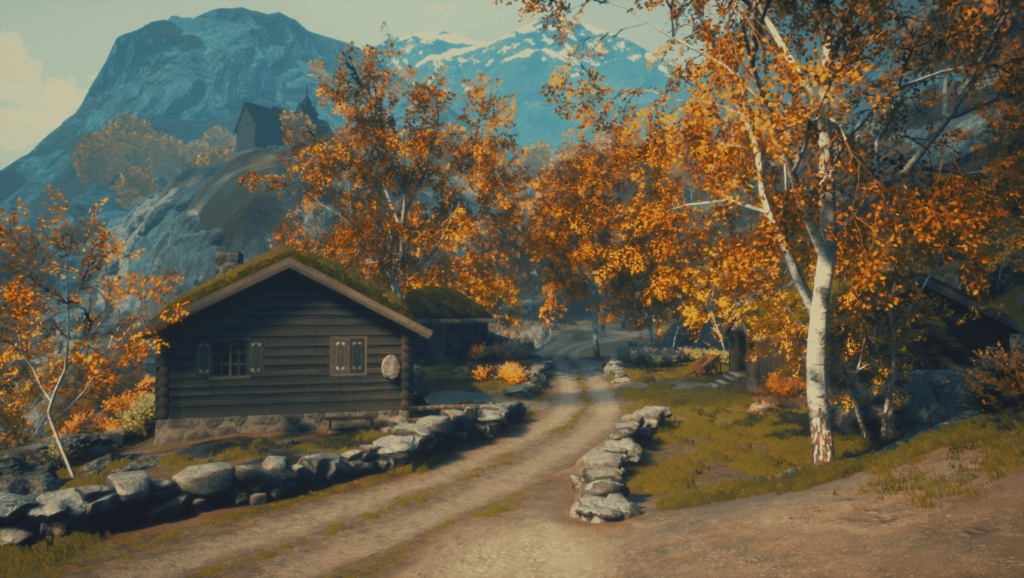
Draugen: I mentioned my fondness for The Longest Journey, Dreamfall, and current home of series creator Ragnar Tornquist Red Thread Games in our previous installment. I was excited for Draugen, which was funded largely by the Norwegian Film Institute, largely on the strength of the storytelling in Tornquist’s previous games.The game attempts to tell both an externally facing, mystery/horror story and an introspective personal history at the same time, and the result falls flat on both. The setting is interesting and well realized, there are moments of genuine tension throughout, and the characterization and voice acting is strong. Unfortunately, the confused story structure leads to some odd twists and turns that overall fail to resolve either the key mystery of the island on which the game takes place, or reveal much about the inner lives of the protagonist.
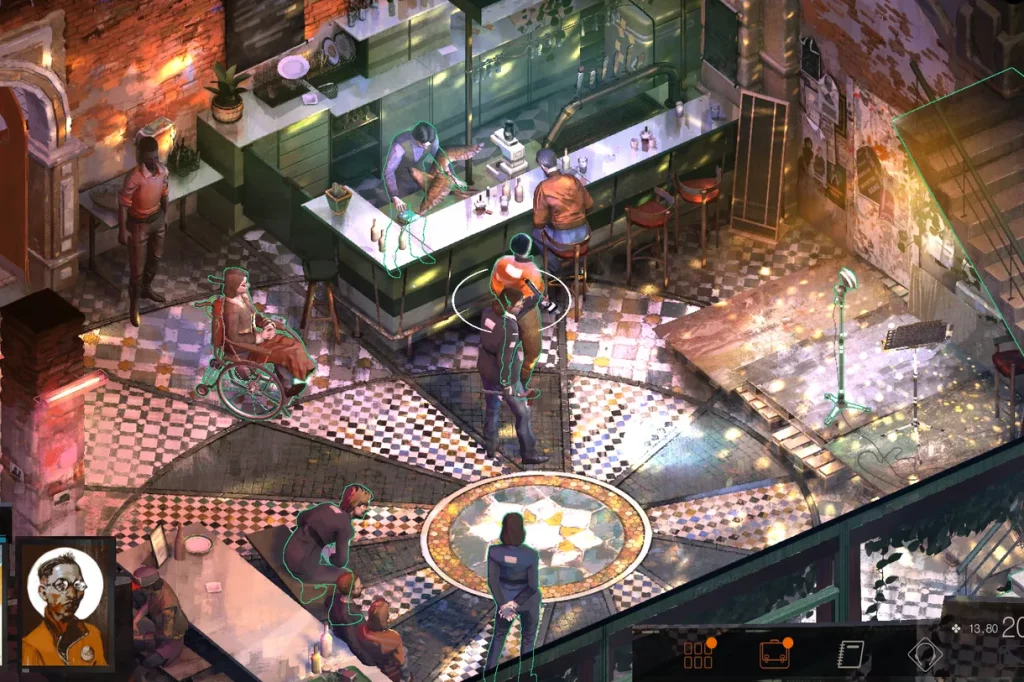
Disco Elysium: In the version of this article that covered 2012-2016 I mentioned how certain games stay with me and get added to my mental list of my favorite games. Disco Elysium is the game from the 2017-2021 period that achieves that status. The game is story driven, almost a walking simulator, but dressed as a Western/D&D style RPG, complete with dice rolls. Your character is a washed out drunk of a detective, and the experience points you accumulate are used to strengthen different aspects of your deteriorating mental and physical state: do you focus on intellect, emotional intelligence, brute strength or agility? If you choose emotional intellect (Psyche), do you prefer to engage the world with Empathy or Authority? Once you determine how you will engage with the world, will you advocate for fascism? Communism? Neoliberalism?
These are unusual skills and alignments for a game, but the way they reveal the backstories and histories of the world and characters is brilliant. And the world is dark. The setting is a city recovering from a war that ended prior to the start of the game, and your detective is tasked with solving a murder. You meet soldiers broken by the war, opportunists filling the void left by an absentee and dysfunctional government, and drug addicts filling their time
Part of what I love about this game is the structure, which essentially takes the best parts of the brilliant Planescape Torment – a well realized world, deep characterization, interesting ways to engage with your setting and its inhabitants – and strips away the distracting, mediocre combat. As far as I know, Disco Elysium is unique in this, at least for a game of its quality, but I hope its reception leads to copy cats because I would love to try more games in this genre.
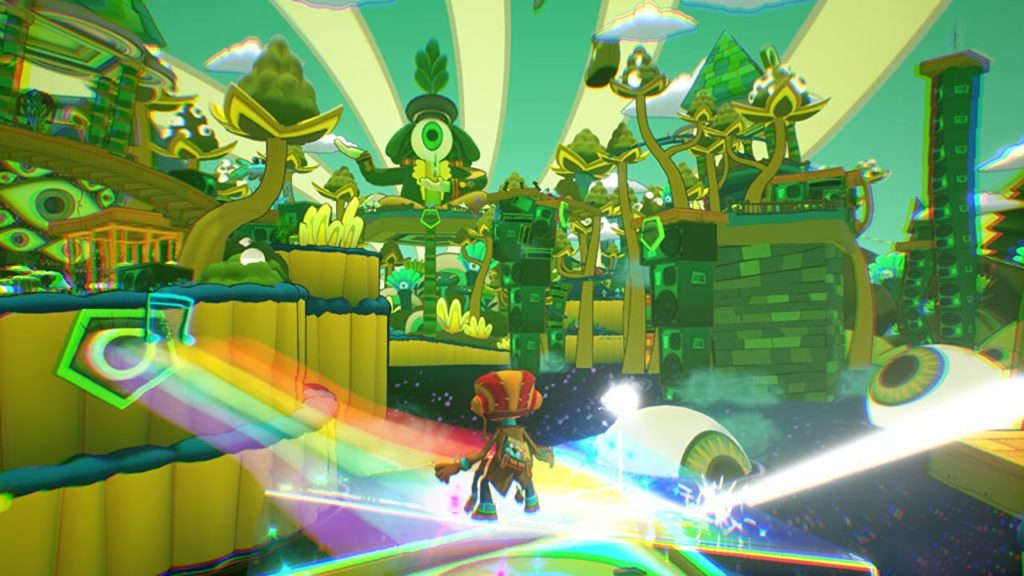
Psychonauts 2: As I write about these games I realize many of them are sequels to games I enjoyed in the past or the next games by developers I respect and this is another that fits that description. The original Psychonauts on the PS2 is one of my favorite games from that era for its creativity, sense of humor, and art style. I was perfectly happy enjoying my memories of that game and not getting my hopes up when Notch offered to fund a sequel. After Psychonauts and Brutal Legend, Double Fine reduced their ambitions and mostly made smaller, self-published games for digital platforms. Psychonauts 2 represented their return to full scale game development, but it had been so long, and Double Fine had seemingly been out of the game for so long I was skeptical the game could live up to my nostalgia fueled expectations. But it mostly did. Psychonauts 2 revels in the broad creative bounds established by its predecessor, playing with genres, art, sound, and mechanics in fun ways. I definitely enjoyed the game overall and agree with the positive review scores, but, as with say, No More Heroes, the second entry in a truly creative series has trouble recapturing the magic of the first. Even if the level design is more consistent and it avoids the backlash certain areas provoked in the first game.


I had a very similar RPG exposure and trajectory and surprise at how well the FF7 remake captured the feel of the original, Pat, though I’m a bit wary (and at the same time dearly hopeful and optimistic) of what will come next. How can a company resist the Siren call of an empty open world for parts outside of Midgar?
Y’all seem to have a real appreciation for more politically left-wing (or at least capitalistically cautionary) storytelling in games! I admit that political commentary in games isn’t something I think about very often, but I did find some of the world building in Mirror’s Edge Catalyst to be thought provoking along a similar line. Did either of you try out that series, and did it hit similar notes for you?
Pat wouldn’t let me rename the site Proletariat Gamer with the relaunch.
i havent played mirror’s edge, but based on what i know of the series, what you say makes sense. i have always been interested in in, but there were so many good games coming out during that generation i never got to it.
i think of night in the woods as an indictment of modern society. capitalism has definitely left your town in a bad way, but the main character’s experience are possibly broader. she suffers from ennui and the pressure of expectations after being the only one among her friends to go to college (after her parents made sacrifices to make that possible). kentucky route zero is more direct at times, and its sort of intentionally disorienting, which adds to the effect.
now you have me worried about future ff7 remake installments. i dont know what they will do with the overworld, but i thought midgar was sufficiently constrained, and the side quests sufficiently limited and (sometimes) meaningful that it didnt feel like open world bloat. more of that please.